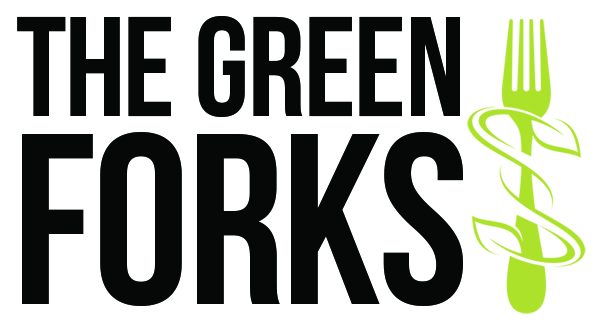All protein powders have different nutritional profiles. Both dairy-based and plant-based. When shopping for protein powders, you don’t just pick-up something with engaging packaging design or other non-sense buying metric that has nothing to do with its protein content or the added fortified nutrients. After all, you have to be getting enough of what you’re paying for, right?
Whether you’re a baking enthusiast or a professional triathlete, you choose your protein source carefully. For vegans and lactose-intolerant individuals, chances are your options have been narrowed down to plant-based protein powders. Two of the most popular plant-based protein sources are pea and hemp. They’re both great alternative options. They’re very versatile and can be the light of any recipes or protein shakes you desire to hit them for. Both hemp and pea protein can ride along with any vegan diet regimen. The only difference between the two is their nutritional components.
In terms of protein quality and content, and these are based on various popular brands, pea protein packs more grams of protein per serving than hemp protein. Based on actual servings, a quarter cup (30-gram) serving of hemp protein powder contains 15 grams of protein while that amount can be acquired through 20-gram serving of pea protein powder. There are also relative studies that pea protein powders are effective for building muscle mass when paired with a proper workout. Unlike hemp, pea protein has a better digestibility profile making it a better source of essential amino acids for body builders.
Clearly, pea protein has more protein content but regardless, both protein sources are great for what they are. For post workout use, you’re better off with pea. Mainly because pea protein not only contains more BCAAs per scoop but also because it’s lower in fiber, lower in fat, and comes packed with more protein per serving to be better absorbed for efficient muscle repair process. On the other hand, hemp protein is the way if we’re talking about sufficient meal replacement. The higher fiber and fat content in hemp will help slow down the protein’s digestion which will help keep you feeling fuller, longer.


